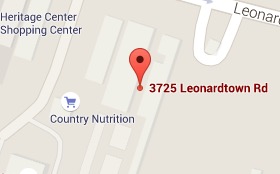Real Estate Newsletter
Criminal Acts in Common Areas: Liability of the Association
By collecting fees from individual condominium owners, a condominium association typically agrees to maintain the common areas of the complex. However, the association may also be required to take reasonable precautions to prevent criminal acts by third parties in the common areas. Third parties are people who do not own a condominium within the complex or are not the invited guests of current condo owners.
Association’s Liability
When a person is injured by the criminal act of a third party, the condominium association may be liable under a negligence cause of action for failing to take reasonable precautions to prevent such acts. To bring action, the injured person must establish that the association had a reasonable duty to protect the person from a third party’s criminal act.
Foreseeable Dangers
If the injured person is a resident or a guest, the association may have a duty to protect against foreseeable dangers. The duty stems from circumstances that indicate criminal activity is present. Such circumstances include past criminal activity, notification of recent criminal activity, or steps the association has taken against criminal activity. Under these circumstances, the association has actual knowledge of the crimes, or should have known of crime. Some examples are high crime rates, strangers on the property, dim lighting, and a lack of security devices such as gates, cameras, or locks.
Duty Assumed Voluntarily
The condominium association may also voluntarily assume the duty in a number of ways:
- An oral commitment to the injured person
- Precautions already taken to improve security
- Written items in the association’s bylaws about certain security requirements.
Special Relationships
Under certain circumstances, the court may view the relationship of the injured person and association as similar to a landlord and tenant. In such cases, there is a special relationship, and a duty to protect against criminal acts is “owed.” Not all courts follow this view, and some hold that landlords generally do not have a duty to protect tenants from criminal acts.
Security Regulations Statutes
Finally, there may be certain statutes that require minimum security standards. Examples are city ordinances requiring dead bolts on exterior doors, or requiring that vacant structures be locked up. Violations of these statutes or ordinances by a condominium association are strong indicators of liability, but the injured person must prove that those violations directly contributed to the criminal activity.
© 2024 NextClient.com, Inc. All rights reserved.



